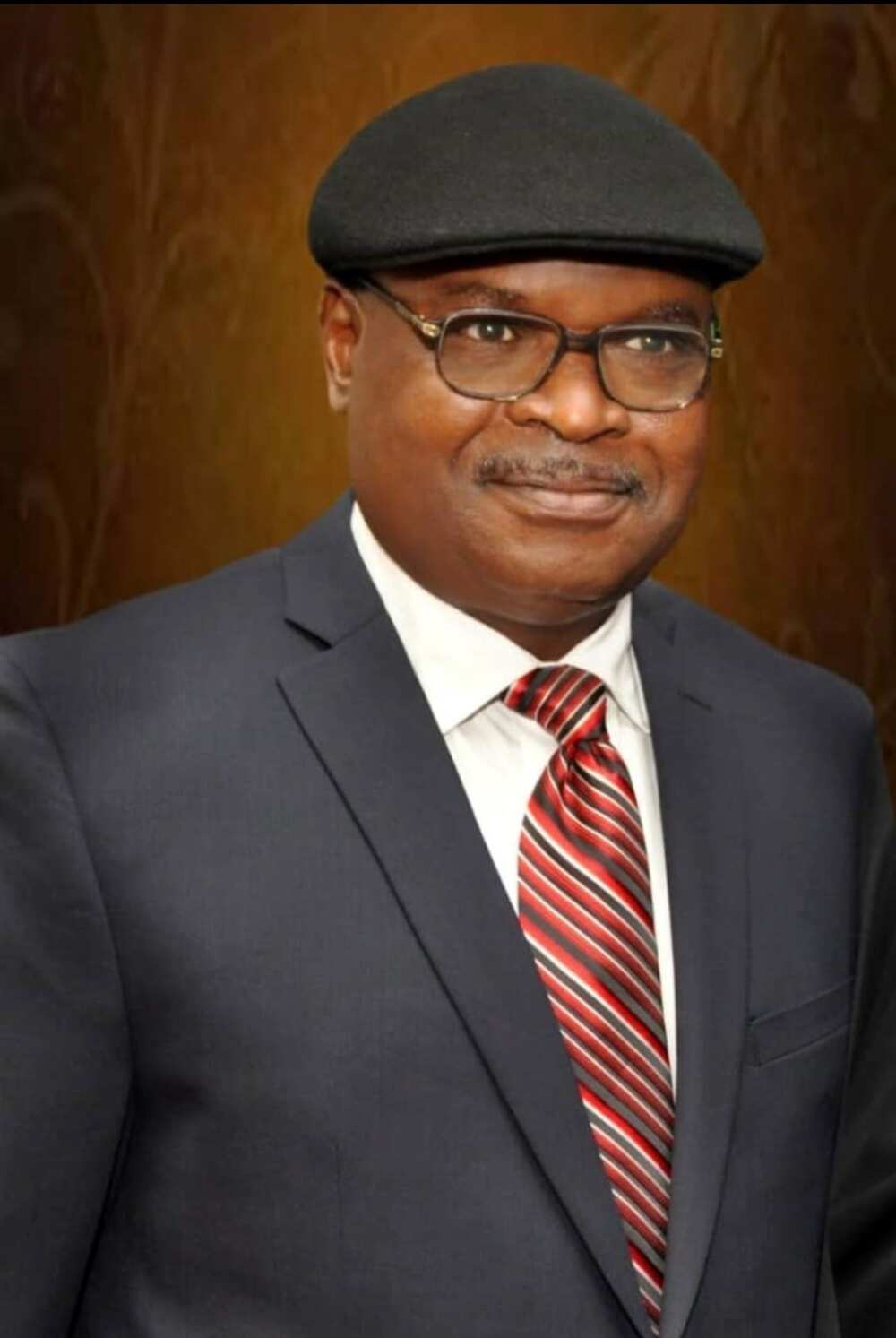A former chief justice of the Federal Capital Territory, Justice Ishaq Bello, has called for the standardisation of the administration of the criminal justice system in Nigeria.
Bello said the Administration of Criminal Justice Act (2015) in Nigeria needs to operate at an international standard that would deliver a working system.

A retired chief judge of the FCT, Bello made the recommendation while giving his keynote address at the first annual conference of the Administration of Criminal Justice Monitoring Committee.
The conference was organised with support from GiZ, MacArthur Foundation, the Rule of Law and Anti-Corruption (RoLAC), the CLEEN Foundation and the Prisoners Rehabilitation and Welfare Action (PRAWA).
Addressing challenges of delivering speedy judgement in Nigeria, the retired chief judge said many cases in the country are delayed by frivolities and interlocutory applications that most times mess up the process.
Bello said:
"When going to the high court, you must go by information as frivolities are one of the major issues encountered in the administration of criminal justice in Nigeria."
"The international standard process is that cases must go through sieving to make sure there are no frivolities such that when you go to court, cases are not unnecessarily delayed."
He noted that the ACJA, 2015 was set to solve some of the challenges and lapses bedevilling the criminal justice system in Nigeria.
He, however, said that without a standardise administration of criminal justice in the country, Nigeria would continue to be victim to trumped-up charges either by personal or political malice.
Bello also noted the importance of making provisions for social amenities that are necessary for the creation of the platform for peace and stability in the country.
He said:
"The government do not engage the services of lawyers to enhance the standardised way of handling and presentation of cases, from the magistracy upward due to this some state have modified their act."
"In saner climes, implementation of judgement must not be delivered by the same judge who handled the matter.
Continuing, Bello said that in other parts of the world, a court or a judge is expected to handle three cases per time but in Nigeria, you can find one judge assigned to over 1,000 criminal cases that are riddled with all manner of applications.
He noted that a standardized system is one with three stages of the justice system - the pre-trial judge, the trial judge and the post-trial justice who ensures the implementation of the judgement by the court.
He said:
"That is what the ACJA seeks to address but here we are."
He said that all hands must be on deck to ensure that the Act eliminates all the bottlenecks that make the system less attractive.
He added:
"We must be jealous in protecting the Justice system in Nigeria as this is the show of patriotism as any misdeed is going to have a negative impact on the country."
On his part, Justice Husseini Baba-Yusuf said that the ACJMC is the most crucial innovation of the ACJA as it creates room for uniformity of work and purpose for an upward trajectory.
"This is important, as ACJMC establishes a mechanism by which the implementation of the provisions of the Act would be closely monitored to ensure compliance and uniformity of the application by all relevant agencies and institutions."
Earlier, Sulayman Dawodu, the secretary of the ACJMC had said that the committee is charged with the unique responsibility of implementing the provisions of ACJA which is aimed at ensuring speedy and effective dispensation of Criminal Justice
Dawodu said:
"The system is currently blessed with a number of remarkable innovation such as oversight, timeline reporting and monitoring mechanism to ensure the purpose of ACJA is met."
He said that in its effort to uphold the law, the committee has a series of projects that have brought major stakeholders from all works of life to play key roles in making ensuring speedy trial.
No comments:
Post a Comment